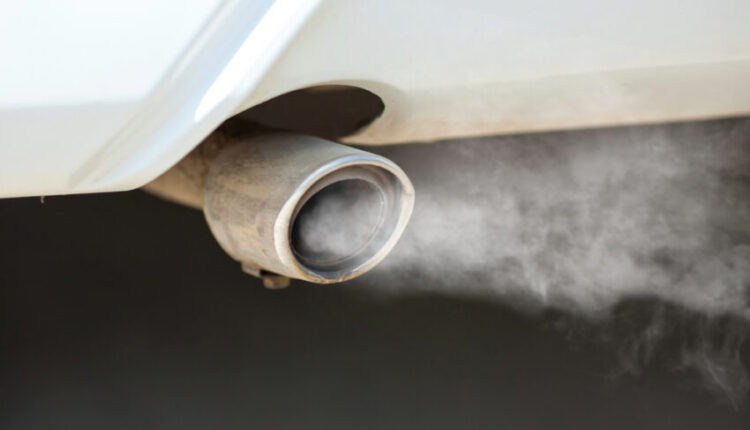The European Union has watered down plans to ban the sale of petrol and diesel cars by 2035 in a move that campaigners believe will influence UK policy.
Officials in Brussels caved into demands by Germany to dilute the ban by allowing cars powered by so-called e-fuels to remain on sale.
The EU still plans to ban the sale of petrol and diesel cars from 2035 but permit the e-fuel vehicles after a backroom compromise forced on it by the German authorities.
The UK government will ban the sale of pure petrol and diesel cars from 2030 as part of plans to help the UK meet its goal of net zero by 2050.
Sales of new hybrid cars will be prohibited in 2035. The move by the EU opens the gates to challenges to change the UK policy.
The former Tory leader Sir Iain Duncan Smith told The Telegraph: “The 2030 deadline for the elimination of petrol and diesel engine cars in the UK is simply not achievable. Unless we delay, we hand a massive boost to the Chinese car manufacturers. They are already dominant.”
Under the EU’s plan it will allow e-fuels, a synthetic alternative to petrol that could be made by mixing carbon dioxide captured from the air with hydrogen obtained by splitting water molecules using renewable energy.
Volkswagen Group said the EU deal could apply to emergency vehicles and low-volume models such as the Porsche 911 sports car.
“We see e-fuels as a useful addition to the existing fleet of combustion engines and for special applications such as emergency vehicles or limited series, the Porsche 911 for example,” VW said in a statement. VW said it remained committed to the electrification of its fleet.
Philip Davies, a member of the Tory net zero scrutiny group, said: “It’s a devil when you’re getting more common sense out of the EU than you are the UK government. This arbitrary, ridiculous 2030 deadline is idiotic and everybody knows it’s idiotic. Nobody seems to be able to say that the emperor’s got no clothes on, even though everybody can see it.
“If a rare outbreak of common sense in the EU is what it takes for the government to change their position, hallelujah to that.”
A government spokesman said: “We remain committed to ensuring all new cars and vans are zero emission at the tailpipe by 2035, and have invested more than £2 billion to help people switch.
“Today drivers on England’s motorways and major A-roads are never more than 25 miles from a rapid chargepoint, and we expect the charging network to expand tenfold by 2030.”

